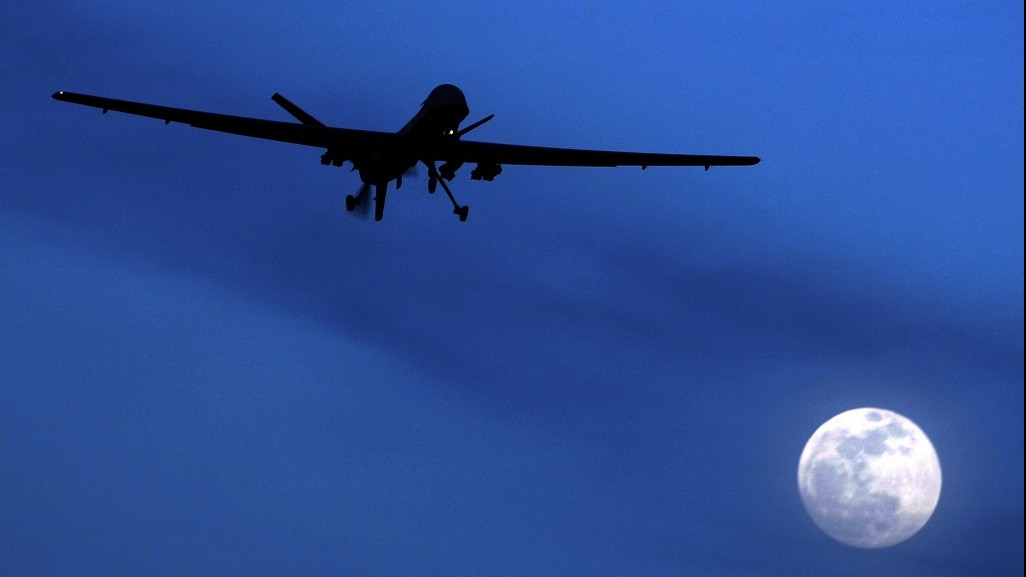
Harkening back to my favorite piece of on-the-ground journalism for Equire (The Americans Have Landed), recall that I spoke then about a network of mini-bases that was coming. It was naturally derided by officials as hype back then, but it continues to unfold with each passing year.
Of course, my imagined network was more capacity-building in orientation, per the work of Combined Joint Task Force - Horn of Africa, and yet, in telling that story I had to mentioned why CJTF-HOA was created in the first place - namely, as a picket line to catch bad actors exiting the PG for Africa. I also started the piece with a description of how an FOB (forward operating base) in Kenya was used to launch a SOF strike package against a wanted AQ character in southern Somalia (just across the border).
So no illusions about the driver back then, just some hope that the mini-bases would contain more than just the essential strike package assets.
But AFRICOM has evolved since then, and the harder focus is clear: killing bad actors comes first, second and third. In that, this story is a microcosm of Obama's symmetricizing impact on the Long War: they want us dead and he wants them dead. As a strategy of limited regret (and costs), it cannot be beat - sad to say. It just still puts us in the business of a silent and limited-liability partnership with the Chinese - as in, we clear and they hold.
My argument in this regard remains unchanged: there is a cynicism in only clearing and not caring all that much about what holds (or just falls apart again). There is also a missed opportunity in not working more explicitly with the "holder" of note, especially when you're setting the stage for possible great-power war with the same in another region (actually the center of gravity right now in globalization). If that combination is not "required" by history (the Obama argument), then the resources are there for a more responsible effort in the Long War - especially if the Chinese are slowly enlisted in protecting their own national interests.
So that's the essential choice:
- Make the responsible effort on the Long War and make that collaboration with China and other risers the way forward, or
- Short-change the Long War on the excuse that "rebalancing" is required so we can stand up to those dastardly Chinese in their neighborhood, thus boxing them in and preventing the extra-regional operational expansion that would allow them logical partnerships with us in those regions.
Who wins in the first option? Those regions needing settling down, because they are adequately dealt with. Who wins in the second option? The big-war crowd hungry to protect itself after being diminished by a decade of small wars. China's big-war crowd also benefits.
So one route to manage the world as it is, and the other to pursue pointless and dangerous superpower rivalry.
I hate wasted opportunities. They end up costing more than the initially perceived savings.
I also bridle at the poor strategic planning it represents.
But this is where we are right now as a country: unable to manage internal reforms due to a deeply and too evenly divided electorate, and given - as always - to imagining that, if we take the fight to the perceived external cause of our malaise (it's China's fault for rising, right?), this will constitute an easier and quicker fix.
There is a sad nationalism in that perspective, and a strategic immaturity that we need to ditch.